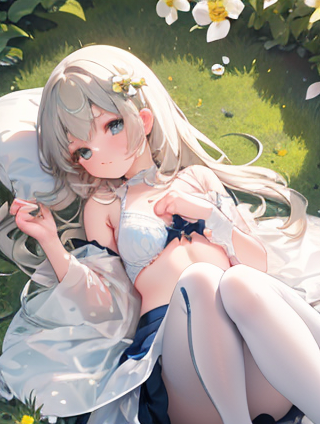TheEvolutionofMarriageAPersonalPerspectiveonLove,Commitment,andPartnership
- 情感
- 2025-04-14 04:17:17
- 4798
Marriage, an institution that has evolved over centuries, is not merely a legal or financial agreement but a profound commitment to love, support, and understanding. In today’s rapidly changing world, the traditional view of marriage as a lifelong bond between one man and one woman is being redefined by diverse cultural influences and personal choices. As someone who has navigated through various stages of this institution, I have come to appreciate its multifaceted nature, recognizing both its challenges and rewards.
From an early age, societal norms often portray marriage as a sacred union where two individuals come together in life-long partnership. The primary focus is on romantic love and mutual respect, with the belief that true happiness can only be found within such a relationship. This perspective is deeply rooted in many cultures around the world, emphasizing not just companionship but also procreation and family building.
However, as I grew older, my understanding of marriage expanded beyond these traditional boundaries. In contemporary times, people are increasingly choosing to marry for reasons that extend far beyond the initial romantic appeal. Economic stability, emotional support, shared interests, and mutual respect have become equally important factors in deciding who to spend one’s life with.

The modern view of marriage often includes non-traditional elements such as same-sex couples, polyamorous relationships, or individuals choosing not to marry at all but still seeking deep connections and meaningful partnerships. This shift is driven by a growing recognition that love can take many forms and that personal fulfillment should be the primary goal rather than adhering strictly to outdated norms.

In my personal journey, I have witnessed both successful marriages and failed attempts. Each experience has provided valuable insights into what makes a relationship thrive or falter. Successful marriages are built on strong communication, mutual respect, and the willingness to compromise and support each other’s growth. They provide not only companionship but also a sense of security and stability.

On the flip side, unsuccessful marriages often stem from a lack of emotional connection, unrealistic expectations, or failure to address underlying issues. These relationships can be painful and destructive, leading to emotional distress and even physical harm if not resolved amicably.
In reflecting on these experiences, I have come to understand that marriage is a dynamic process that requires continuous effort and adjustment. It is not just about finding the perfect partner but also learning to grow together through life’s challenges and joys. This perspective has led me to believe in the importance of open communication, flexibility, and a commitment to personal growth within any relationship.

Furthermore, as society continues to evolve, it is crucial that we embrace diversity and inclusivity when discussing marriage. Traditional views should not be seen as rigid frameworks but rather as flexible guidelines that can adapt to individual needs and circumstances. By promoting dialogue and understanding, we can foster more inclusive and supportive environments where everyone feels valued and respected.
In conclusion, my evolving perspective on marriage underscores the importance of flexibility, personal growth, and mutual respect in any relationship. While traditional views continue to hold value, they must be balanced with modern understandings to accommodate diverse lifestyles and preferences. Ultimately, whether a marriage lasts or not is less about adhering to external expectations and more about cultivating genuine love, understanding, and companionship.

By embracing this perspective, we can create a future where relationships are based on mutual respect, open communication, and the pursuit of personal happiness – be it through traditional marriages, non-traditional partnerships, or even solo journeys. Marriage, in its truest form, is about finding joy, support, and love in all aspects of life, making every day worth living.
下一篇:爱的真谛:金钱之外的情感与责任